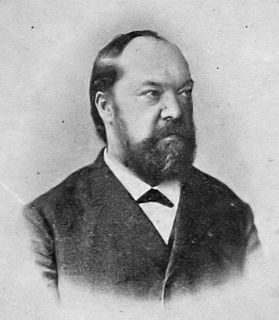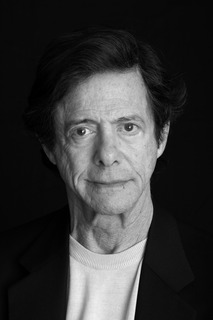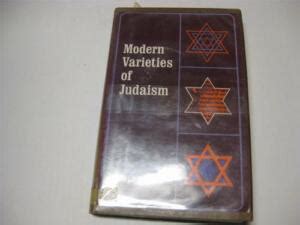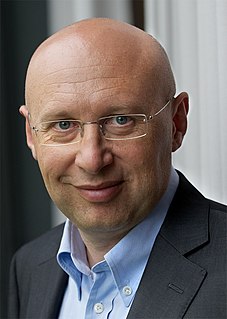A Quote by Henry David Thoreau
America is said to be the arena on which the battle of freedom is to be fought; but surely it cannot be freedom in a merely political sense that is meant. Even if we grant that the American has freed himself from a political tyrant, he is still the slave of an economical and moral tyrant. Now that the republic--the res- publica--has been settled, it is time to look after the res- privata,--the private state,--to see, as the Roman Senate charged its consuls, "ne quid res-PRIVATA detrimenti caperet," that the private state receive no detriment.
Related Quotes
It used to be that readers were relegated because they considered themselves far above society, and so the metaphor of the ivory tower developed. Now there's still this idea that the reader doesn't take part in the social game and in politics, the res publica, but for other reasons: he doesn't do it because he's not making any money.
At the time of the adoption of the constitution, and of the amendment to it, now under consideration [i.e., the First Amendment], the general, if not the universal sentiment in America was, that Christianity ought to receive encouragement from the state, so far as was not incompatible with the private rights of conscience, and the freedom of religious worship.
What is the use of freedom of the press if the government is in possession of all the printing presses, what does freedom of assembly avail if all the meeting places belong to the government? In a society in which there is no more personal and economic freedom, even the freest form of the state cannot make political independence possible.
But we know that freedom cannot be served by the devices of the tyrant. As it is an ancient truth that freedom cannot be legislated into existence, so it is no less obvious that freedom cannot be censored into existence. And any who act as if freedoms defenses are to be found in suppression and suspicion and fear confess a doctrine that is alien to America.
Some have said that it is not the business of private men to meddle with government--a bold and dishonest saying, which is fit to come from no mouth but that of a tyrant or a slave. To say that private men have nothing to do with government is to say that private men have nothing to do with their own happiness or misery; that people ought not to concern themselves whether they be naked or clothed, fed or starved, deceived or instructed, protected or destroyed.
Unlike the Marxists, the Nazis did not advocate public ownership of the means of production. They did demand that the government oversee and run the nation's economy. The issue of legal ownership is secondary; what counts is the issue of control. Private citizens, therefore, may continue to hold titles to property-so long as the state res...erves to itself the unqualified right to regulate the use of their property.
I am against revolution and am proud of it. Democracy cannot be created through revolutions. The most important dichotomy that I make for a society is between those who support democracy and human rights, and those who oppose it. In a totalitarian state, the state views any act of an individual to be political in nature. For example, the clothing that a person wears in a modern state is a private affair whereas in the Islamic Republic all women are forced to wear the hijab (Islamic attire). When women push their headscarf back an inch or two, this is interpreted to be a political act.
Private property creates for the individual a sphere in which he is free of the state. It sets limits to the operation of the authoritarian will. It allows other forces to arise side by side with and in opposition to political power. It thus becomes the basis of all those activities that are free from violent interference on the part of the state. It is the soil in which the seeds of freedom are nurtured and in which the autonomy of the individual and ultimately all intellectual and material progress are rooted.
The education we all receive from the State, at school and after, has so warped our minds that the very notion of freedom ends up by being lost, and disguised in servitude. It is a sad sight to see those who believe themselves to be revolutionaries unleashing their hatred on the anarchist just because his views on freedom go beyond their petty and narrow concepts of freedom learned in the State school.
A man like me cannot live without a hobby-horse, a consuming passion - in Schiller's words a tyrant. I have found my tyrant, and in his service I know no limits. My tyrant is psychology. It has always been my distant, beckoning goal and now since I have hit upon the neuroses, it has come so much the nearer.



































